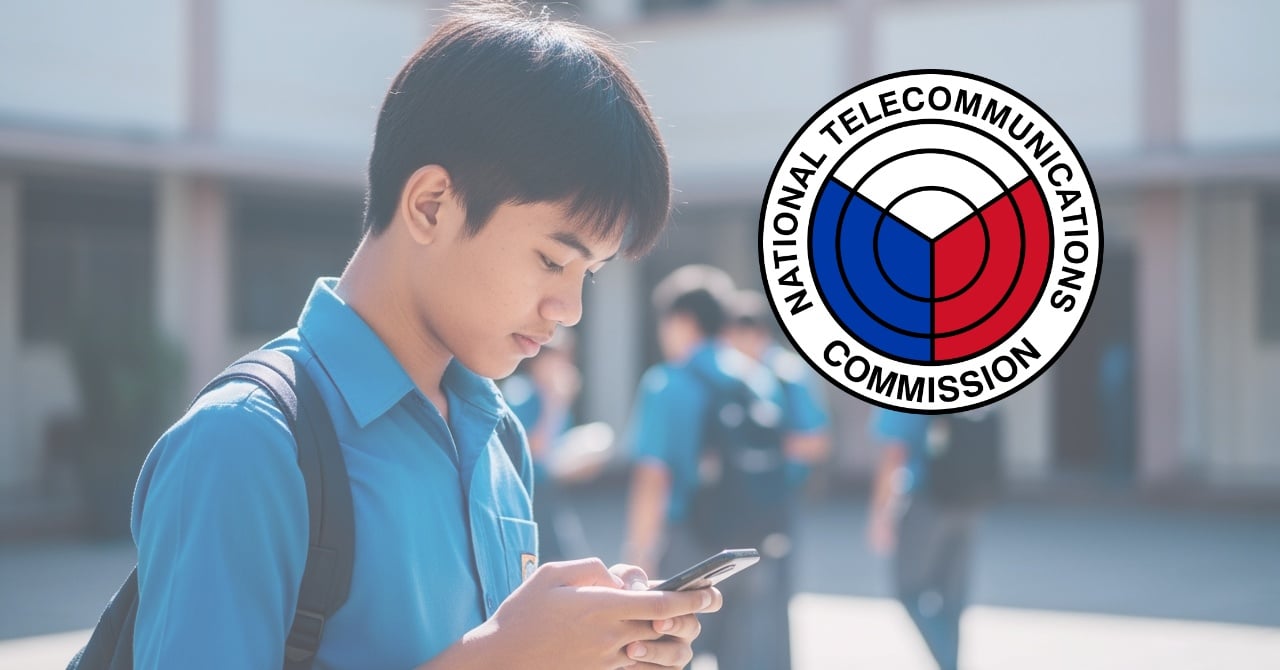Every time we connect to the internet, call a loved one, or stream content, the National Telecommunications Commission (NTC) plays a behind-the-scenes role in making sure these services are reliable, fair, and safe.
As the telecom regulator of the Philippines, the NTC not only enforces rules but also adapts to new challenges in privacy, cybersecurity, and connectivity.

Mandate and Core Functions
The NTC oversees:
- Licensing and Spectrum Allocation for telecom and broadcast operators.
- Technical Standards Enforcement to maintain service quality.
- Consumer Protection through complaint handling and fraud prevention.
- Quasi-Judicial Functions with decisions appealable only to the Supreme Court.
Recent Initiatives of the NTC
In the last two years, the NTC has introduced reforms and programs to address urgent needs in data privacy, consumer protection, and connectivity. Here are the highlights:
- Data Privacy Notice Compliance
- Standardized notices for all telecom operators under the Data Privacy Act of 2012.
- Templates for websites, kiosks, and mobile apps.
- Dedicated helpdesk and online portal for privacy inquiries.
- OSAEC Prevention Partnership
- Nationwide campaign with DICT Cybersecurity Bureau and JICA against child exploitation.
- Quarterly webinars for parents, schools, and barangays.
- Automated keyword-blocking in public Wi-Fi.
- 24/7 online reporting tool linked to law enforcement.
- Citizen’s Charter and E-Forms
- Over 20 downloadable and printable application forms.
- Consolidated licensing and complaint procedures into one guide.
- “NTC Express” fast-track lane for small broadcasters.
- Service guarantees, like a 15-day turnaround for new permits.
- Text Scam Reporting Toolkit
- Step-by-step guide to report phishing and SMS fraud.
- Includes screenshot examples, complaint templates, and hotline info.
- 10-working-day target resolution timeline.
- 5G Spectrum Planning and Workshops
- Regional workshops with telcos and LGUs.
- Draft spectrum-auction rules and interference simulations.
- Feedback from Luzon, Visayas, and Mindanao to refine guidelines.
- Rural Connectivity Partnerships
- Pilot Wi-Fi hubs in 50 previously unserved barangays.
- Cost-sharing with electric cooperatives, cutting expenses by 40%.
- Monitoring dashboards for LGUs to track uptime and adoption.
These initiatives highlight the NTC’s shift from being a rule enforcer to a proactive driver of innovation and public service.
How Filipinos Benefit from NTC Services
The National Telecommunications Commission (NTC) doesn’t just regulate—it makes everyday digital life easier, safer, and more accessible for Filipinos. Here’s how its services directly benefit us:
- Enhanced Internet and Mobile Connectivity
- Spectrum auctions and clear technical rules allow telcos to expand 4G and 5G coverage.
- Regular monitoring ensures subscribers get the speeds they pay for.
- Guidelines on tower sharing reduce rollout delays in both cities and remote towns.
- Strong Consumer Protection and Data Privacy
- Standardized Data Privacy Notices inform users how their personal information is handled.
- Scam-reporting toolkits and hotlines empower consumers to act against fraud.
- The NTC’s quasi-judicial powers allow quick resolution of disputes with service providers.
- Broad Access to Broadcast Media
- Community radio stations and local broadcasters benefit from simplified licensing.
- The “NTC Express” lane speeds up small-scale broadcast applications.
- Public consultations ensure communities are heard when new stations are licensed.
- Digital Inclusion in Underserved Areas
- Public-private partnerships bring broadband to remote barangays through co-funded Wi-Fi hubs.
- Shared infrastructure projects cut costs and accelerate rural internet access.
- Dashboards help LGUs monitor connectivity uptime and user adoption in real time.
- Public Awareness and Capacity Building
- Quarterly webinars raise awareness of Online Sexual Abuse and Exploitation of Children (OSAEC).
- Toolkits and guides help users report scams, outages, and data privacy concerns.
- Downloadable e-forms simplify applications and feedback for the public.
- Fostering Fair Competition and Innovation
- Auction rules and workshops create fair conditions for new telecom players.
- Licensing fees are reviewed to avoid anti-competitive barriers.
- Clearer policies for IoT and 5G pave the way for homegrown innovation.
Challenges and Future Directions
Despite progress, the NTC faces persistent hurdles:
- Spectrum scarcity as demand for mobile data grows.
- Infrastructure gaps in remote and underserved areas.
- Cybersecurity threats from scams and exploitation.
- The digital divide, where millions still lack stable internet.
Future plans include spearheading 5G rollouts, improving cybersecurity standards, and strengthening consumer education campaigns.
Contact and Public Engagement
The NTC maintains a transparency portal at ntc.gov.ph, where Filipinos can:
- Access downloadable forms
- Track examination results
- Join public consultations
- File complaints through online forms and hotlines
Frequently Asked Questions
What is the NTC’s latest focus?
The NTC is prioritizing data privacy, anti-fraud campaigns, and rural connectivity programs.
Can I report text scams to the NTC?
Yes. The agency offers a Text Scam Reporting Toolkit with templates, hotlines, and a 10-day resolution target.
How is the NTC preparing for 5G?
It is conducting workshops with telcos and LGUs to finalize auction rules and manage interference risks.
Does the NTC support rural internet?
Yes. It co-funds Wi-Fi hubs in remote barangays and shares infrastructure with cooperatives.
Conclusion
The National Telecommunications Commission (NTC) is more than a regulator—it is an active partner in protecting consumers, expanding access, and preparing the Philippines for a digital future. With programs like data privacy compliance, OSAEC prevention, and rural Wi-Fi partnerships, the NTC is taking real steps to ensure Filipinos stay connected, informed, and secure.
